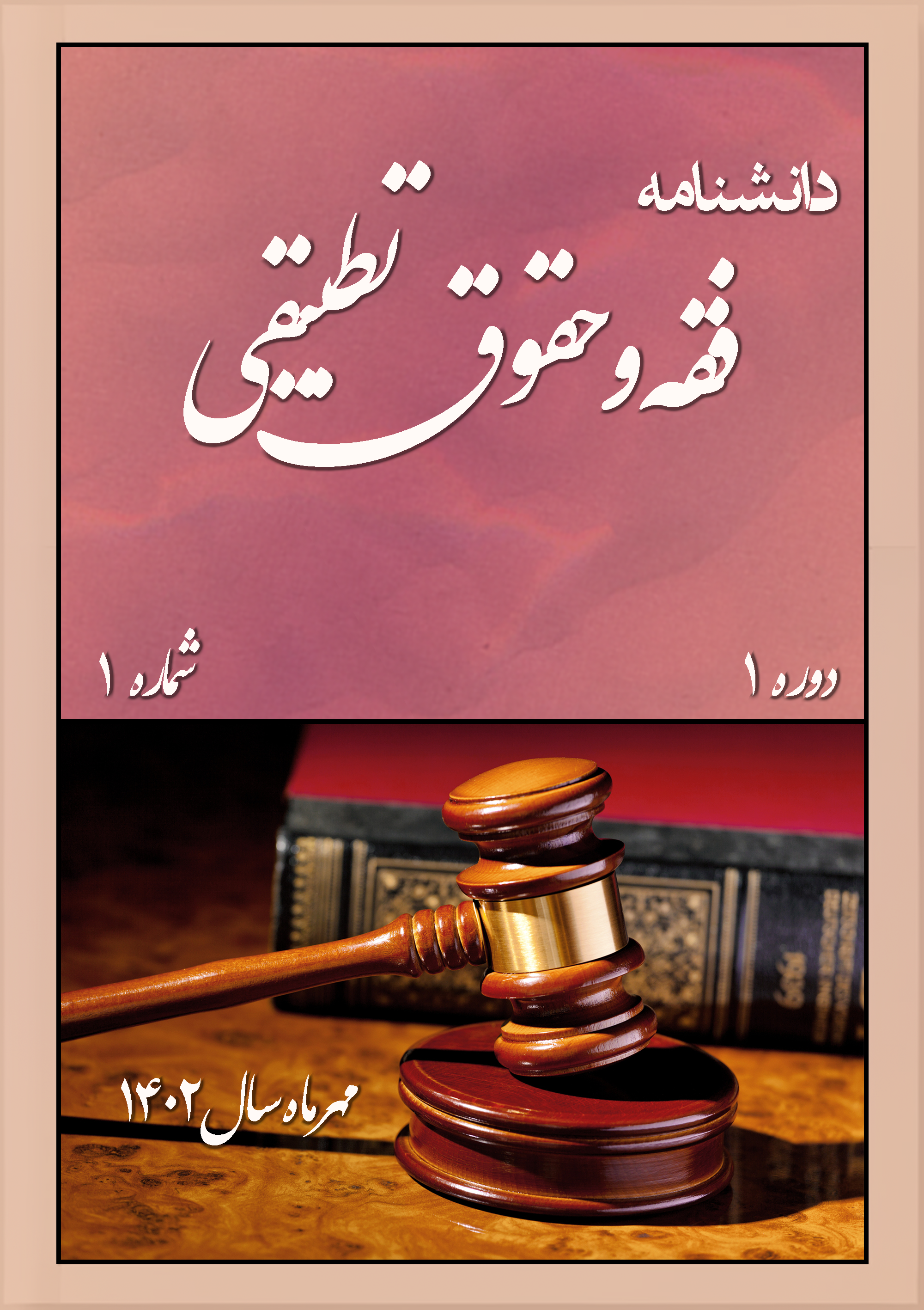Comparative Study of Labor Laws in Islamic and Non-Islamic Countries with Emphasis on the Theories of Karl Marx and Ali Shariati
Keywords:
Labor laws, Islamic countries, non-Islamic countries, Karl Marx, Ali Shariati, social justice, exploitationAbstract
This article provides a comparative analysis of labor laws in Islamic and non-Islamic countries, examining the influence of the theories of Karl Marx and Ali Shariati on these laws. The study aims to identify the differences and similarities in labor laws across these countries and to propose solutions for improving workers' rights. The findings reveal that cultural and religious influences significantly shape labor laws in Islamic countries, while principles of social justice and human rights are more prominent in non-Islamic countries. Additionally, Marx's theories, focusing on exploitation and surplus value, and Shariati's theories, emphasizing social justice and Islamic principles, have directly or indirectly influenced the formulation and implementation of labor laws. The final section offers recommendations for improving labor laws in both groups of countries and suggests avenues for future research. Utilizing reputable academic sources and thorough analysis of labor laws in selected countries, this study provides a comprehensive and specialized perspective on labor laws.










